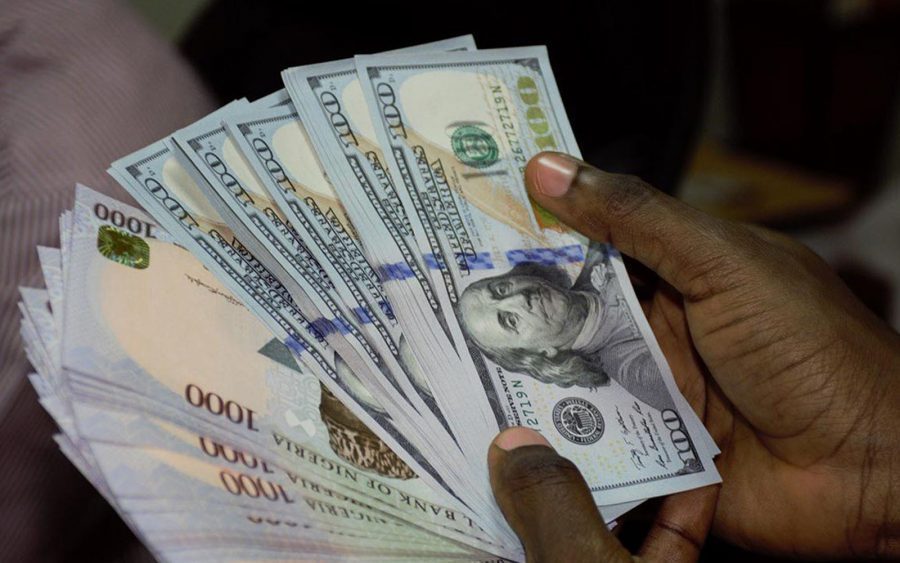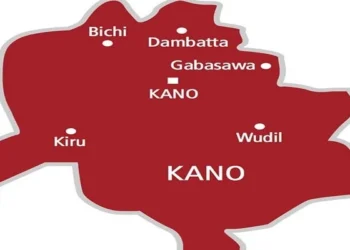EFCC is monitoring three governors over stashed cash.
Glamtush reports that three serving state governors are being monitored over moves to launder cash through table payment of salaries to workers, the Chairman of the Economic and Financial Crimes Commission (EFCC), Abdulrasheed Bawa, said on Thursday.
This online platform gathered that Bawa, who did not give the identities of these governors, said two of them were from the North, while the third one was from the southern part of the country.
He said intelligence at the agency’s disposal revealed that the three governors had concluded plans to inject the money into the system through table payment of their state workers’ salaries.
“Let me tell you something; the Intel that I have yesterday and I would want you to take this thing very seriously. Already, some state governors have some of this cash stashed in various houses and the rest are now trying to pay salaries in cash in their state,” he told Daily Trust.
When quizzed on whether the commission would summon the said governors, Bawa said they were closely monitoring them.
“I don’t know how they want to achieve that but we have to stop them from doing that. Well, we are working, they have not paid the salaries in cash yet but it is a very serious thing,” he said, noting that the act was against section 2 of the Money Laundering Prohibition Act.
“The law is very clear regarding cash transactions. Anybody that is to consummate any cash transaction as an individual, if it is not through a financial institution, must not be above N5m and if it is above that it is criminal for you to engage in such transaction. And for corporate entities, it is N10m.
“Yes, I agree the salaries are not up to that but why are you all of a sudden, and all along you have been paying people salaries through their bank accounts and now you want to pay them in cash, what are you trying to do? They will come under a lot of guises, they are trying to do verification of officers, that is what we have gotten,” Bawa added.
The development is coming amid moves by the Central Bank of Nigeria to redesign the naira notes, particularly the N200, N500 and N1000 bank notes.
The CBN had on October 26 announced that the country’s currency would be redesigned to address many issues that had negative effects on Nigeria’s economy. The development has since generated mixed reactions among Nigerians.





















